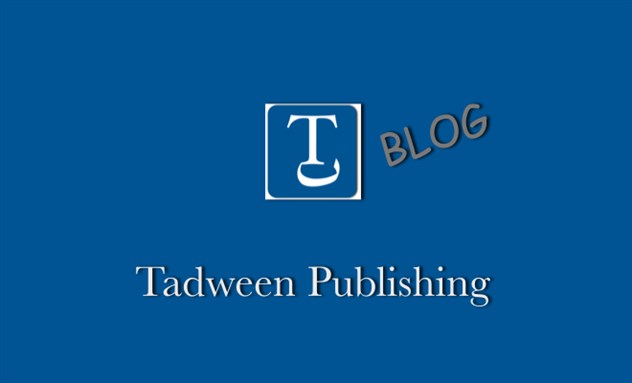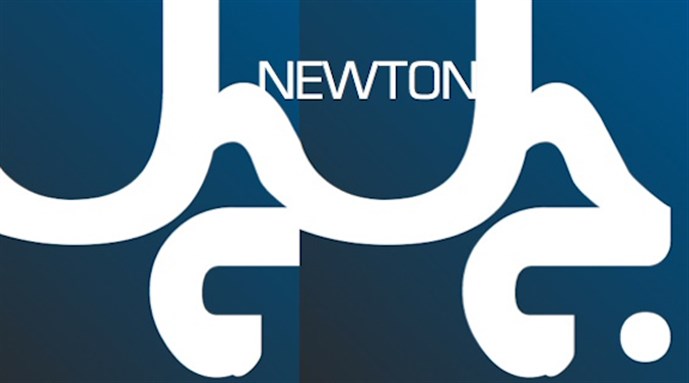[The following article was published in collaboration with the Center for Contemporary Arab Studies at Georgetown University on Tadween Publishing`s blog. It was originally published by CCAS here. For more information on the publishing world as it relates to pedagogy and knowledge production, follow Tadween Publishing on Facebook and Twitter.]
By Steven Gertz
I now know what it is like to be profiled.
As an American white male of German descent, this is not something to which I am accustomed. For years, I have flown internationally with very little problem going through passport control (though Israel has been wary of my travels in the West Bank of Palestine). I have stood in numerous lines, smiled at customs officers, answered a few perfunctory questions (that I would wager tell customs officers very little about the passenger actually traveling) and been waived through with the desired stamp.
Heathrow Airport in London, England, however, has apparently decided that I might have something to hide. On May 4, 2013, I submitted to two customs officers my passport and letter of admission to a doctoral program at the University of Exeter in Arab and Islamic Studies. The officers, women probably in their early twenties, glanced at the letter, looked through my passport full of stamps from my year of living in Jordan, conferred amongst themselves, and then ... detained me.
The officers wanted to know why I was studying Islam, how I was funding my studies, and whether I “represented” anyone as a student. “I am studying Muslim-Christian relations and dialogue in Palestine,” I said, pointing to the admission letter that stated my thesis concept. “I am working full time as an editor at the Center for Contemporary Arab Studies at Georgetown University, and I really have no idea what you mean when you ask whether I ‘represent’ anyone.”
It apparently wasn’t the right answer. They kept me waiting in a detention area for a half hour, then called me back for another round of questioning that rehashed the discussion we had already had. After a few minutes, I was told to return to the detention area. After another half hour of waiting, I started to get nervous. What was going on? What were they doing?
Then came the third call, and this time two British policemen in uniform arrived to question me. The questions were all familiar but now more penetrating. What did I mean by Muslim-Christian relations? What kind of “dialogue” was I interested in? Was the money I was making at Georgetown really enough to fund my studies at Exeter? Was anyone else funding my studies? What did I want to do with my degree in Islamic studies?
After another half hour of this, the policemen (to their credit) decided that they were wasting their time. But they took down detailed notes, and I fully expect that the next time I travel there, my file will be flagged.
My story is not unique. Many people of Arab descent (not to mention Muslims) have it much worse. But as my story illustrates, anyone remotely connected to the Middle East is experiencing harassment too. British friends of mine have complained vociferously about American immigration authorities and their incessant (and often irrelevant) questioning. One British friend of mine who was born in Cairo is detained by immigration authorities and asked questions about his childhood every time he visits the US. So it has been with some relish that I have shared my story with British colleagues about Heathrow’s sorry welcome. No, American immigration officers are not alone in their suspicions of Muslims or anyone studying Islam.
But if they are not alone, they are certainly complicit. In March 2012, an American graduate student of Islamic studies at McGill University was riding an Amtrak train from Montreal to New York when he was detained by Customs and Border Protection (CBP) authorities, handcuffed, imprisoned in a cell with cinder-block walls, and then interrogated for three hours. When the police failed to uncover anything that would associate him with terrorism, they let him go, but kept his laptop. A visit to the ACLU and a team of lawyers convinced the CBP to return the laptop, but only after they had copied all of its contents.
At a time when the public is enraged over revelations that the National Security Agency is banking millions of phone messages and seizing personal electronic communications, stories such as these may not make much of a splash. But they reflect a growing paranoia among government officials about anything to do with Islam or the Arab world, and suggest that officials are losing perspective as to what constitutes a real danger to the public.
I am wondering if it is time to place a phone call to the British embassy about what happened to me. But then again, the NSA might be intending to record it.
Steven Gertz is Multimedia and Publications Editor at the Center for Contemporary Arab Studies at Georgetown University.

![Now Available at Tadween Publishing in Partnership with Tadamun: "Planning [in] Justice العدالة في التخطيط"](https://kms.jadaliyya.com/Images/135x94xo/covers210326041535580~.png)














